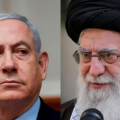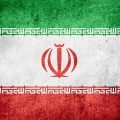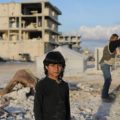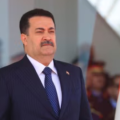Iran-Israel tensions escalate following embassy attack, raising fears of conflict
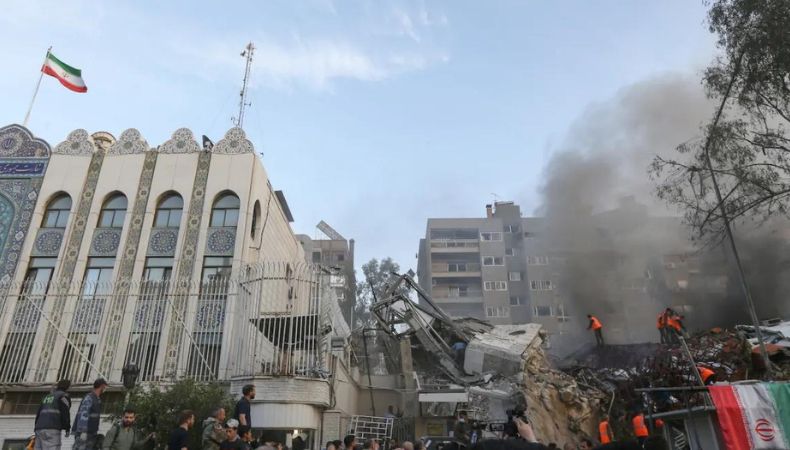
Following Israel’s attack on the Iranian Embassy compound in Damascus, Iranian Supreme Leader Ali Khamenei gave a harsh admonition, stating that Israel would confront ramifications for its activities. This announcement was made by President Ebrahim Raisi, who promised that Iran would fight back and “rebuff” Israel for its animosity. The gravity of these assertions highlights the rising pressures between the two provincial powers.
The danger of additional strikes from the Islamic Revolutionary Guard Corps (IRGC) and its partners across the district adds one more layer of intricacy to an unstable circumstance. In any case, while the manner of speaking proposes areas of strength from Iran, the genuine ramifications for Israel and the more extensive ramifications for local steadiness stay dubious.
The Complexities of Designated Deaths
The designated death of Brig. Gen. Mohammed Reza Zahedi, a leader in the IRGC’s Quds Force, has focused on the various elements among Israel and Iran. In spite of being the primary assault on the Iranian Embassy in Syria, such occurrences fit inside the laid out playbook of designated killings between the two provincial powers.
The accuracy, timing of the strike and Israel’s capacity to secure knowledge on Zahedi’s developments feature the modern secret tasks at play. These designated deaths upset Iran’s tactical tasks in Syria as well as act as a method for Israel to state its strength in the district and send a clear message to its foes.
Provincial Ramifications and Vital Quietness
The recent attack and heightened pressures have given rise to fears of a more extensive clash in the locale. In any case, Iran’s essential quietness because of Israeli strikes in Syria and Lebanon proposes a determined methodology pointed toward keeping away from a more extensive heightening. In spite of confronting difficulties on the ground in Syria, Iran keeps on uniting its tactical framework and calculated networks in the locale.
In the meantime, Russia’s sending of extra powers in the Syrian-controlled region of the Golan Heights adds one more layer of intricacy to the circumstance, featuring the complex international elements at play. The sensitive overall influence among local players highlights the potential for error and unseen side-effects in case of a further heightening.
Changing Elements and Worldwide Reaction
The reaction from the US to Israel’s new airstrike signals a change in strategy towards Israeli activities in the area. In contrast to past organizations, the ongoing U.S. government has communicated concerns and reduced most, if not all, connection with the assault, showing a possible reassessment of its position on Israeli military tasks.
Keep Reading
This adjustment of elements highlights the developing international scene in the Middle East and the fragile overall influence among territorial players. As strains keep on stewing, the worldwide local area intently screens advancements, careful about the potential for additional heightening and its suggestions for worldwide security. The recent attack on the Iranian Embassy compound in Damascus and the resulting dangers of a counter from Iran have uplifted pressures in the area.
The complexities of designated deaths, the essential quiet of territorial players, and the changing elements of worldwide reactions all add to the intricacy of the circumstance. As the deadlock among Iran and Israel proceeds, the potential for error and unseen side-effects stays a reason to worry. The truth will surface eventually whether strategy will win or on the other hand assuming that the district will be divided into additional strife.

